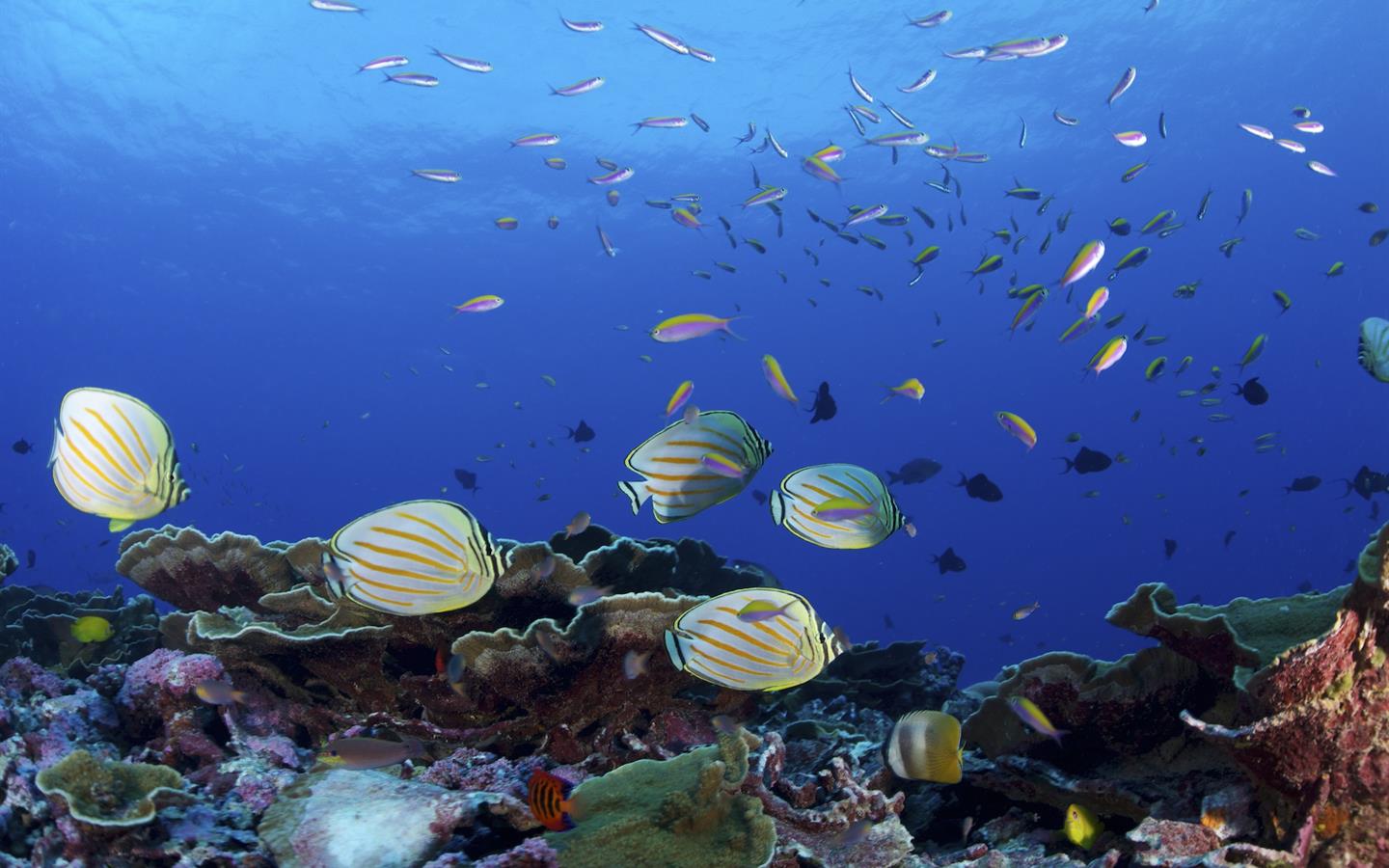Ahead of the full ban on fishing in the Phoenix Islands Protected Area in the South Pacific , fishing has increased 130 percent in the area, which has led to the setting back of projected efforts to let nature rebuild fish stocks by 18 months, reports a new research.
“Extrapolating this behavior globally, we estimate that if other marine reserve announcements were to trigger similar preemptive fishing, this could temporarily increase the share of over-extracted fisheries from 65 percent to 72 percent,” writes a four-member research team in a study that would be appearing in this week’s early edition of the journal Proceedings of the National Academy of Sciences.
“People are not stupid,” said Grant R. McDermott, the study’s co-lead author and an economist at the University of Oregon, “Fishermen know an area is going to close, they will fish it more extensively. That’s exactly what we see in the data. They act rationally in the face of well-intentioned but improperly designed policies.”
The findings came from examining the real time satellite data about ship activity in the Phoenix Islands area and a nearby control area, which had not faced a ban- for 4 years (from Jan. 1, 2012, to Dec. 31, 2016). The closure took effect on Jan. 1, 2015, after which shipping patterns indicative of fishing in the protected area ceased.
“Fishing, like a lot of extractive industries, have been out of sight, out of mind,” McDermott said. “Now, thanks to satellite data, through remote sensing, we are able to get an unprecedented view and insight into what’s happening.”
The Phoenix Islands Protected Area is located in the Republic of Kiribati, which is an ocean nation between Australia and Hawaii. Comparable to California in size, it is one of the largest marine reserves in the world. The reserve and designated control fishing region near the Line and Gilbert Islands are similar in their fishing stocks, which include skipjack, yellowfin, bigeye and albacore tuna.
According to McDermott such announced actions are incentives for people to hurry up and extract whatever profits they can obtain before losing a source to closure.
The researchers noted that humans behave in a similar way when other bans are put on the table. Taking for example, ahead of implementation of the Endangered Species Act to protect the red-cockaded woodpecker, many landowners deforested their properties, and gun sales increased dramatically amid talk of gun control measures following the Sandy Hook school shooting in 2012.
The new study also shows a similar kind of preemptive response regarding the ocean commons, an area of shared resources.
“The mechanism underlying any kind of preemptive resource extraction is usually thought to involve secure property rights,” McDermott said. “People are incentivized to use resources while they still claim ownership and use rights over them. Here, we see the same kind of behavior in a marine setting where property rights are, at least nominally, far from secure. This is pretty surprising.”

